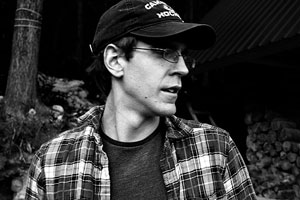
[Editor's note: The Vancouver Writers Fest begins this week! As you read this, over a hundred writers from around the world are converging on Granville Island. Find this year's lineup here, and catch up on any action you missed thanks to a roving pack of festival bloggers, updating daily here. To kick things off, we present an interview with homegrown writer D.W. Wilson, whose internationally-acclaimed short story collection "Once You Break a Knuckle" about working class men in the Kootenays was described by novelist Bill Gaston as "shining a fearless light in the yearning male heart" and "required reading for any curious females of the species." Below, Wilson speaks with librarian Josh Rose about his first novel, also set in southeastern British Columbia.]
D.W. Wilson is the author of the short-story collection Once You Break a Knuckle (2012) and the novel Ballistics (2013). His writing received international attention when his short-story "The Dead Roads" won the 2011 BBC National Short Story award. His acclaimed collection of short stories and his recent novel take place primarily in the Kootenays in British Columbia, where Wilson was born and raised.
Part love story, part road adventure, Ballistics centres on Alan West, a doctoral student taking a break from a rocky relationship and a looming thesis to live with his grandfather Cecil in Invermere, B.C. Stricken by a sudden heart attack, Cecil tasks Alan with one last duty: locate and bring to Cecil's bedside the elusive Jack West, Cecil's estranged son and Alan's estranged father. With the help of Archer Cole, an aging Vietnam-veteran intimately familiar (read: complicit) in the West family's past, Alan embarks on a dangerous journey across B.C. during the 2003 wildfires -- a journey that unveils a history of two families and how their bonds of affection unravelled and disintegrated.
Wilson's writing -- taut, lyrical and original -- reveal characters of great feeling, shackled to emotions not always easily expressed.
Wilson was born in Cranbrook, B.C. and raised in small towns in the Kootenays. He currently lives in Cambridge, U.K. where he is a PhD candidate in Creative and Critical Writing at the University of East Anglia. He will be appearing at two events during this year's Writers Fest: "Faces In The Conflict" at the Waterfront Theatre on Friday, Oct. 25 and "This Place We Call Home," hosted by Anne Giardini at Studio 1398 on Saturday, Oct. 26.
Festival blogger Josh Rose asked D.W. Wilson a few questions about his work.
The novel Ballistics is told through two narratives: Archer, a Vietnam veteran who avoids a third tour of duty by crossing with his daughter into eastern B.C. in 1969; and Alan, on a break from grad school, living with his grandfather Cecil in Invermere, B.C. during the wildfires of 2003. Cecil and Archer have a complicated history that is explored as both narratives progress. Why did you choose to structure the novel this way?
'''Choose' is a pretty generous word in this situation. The genesis of the novel -- I started it way back in Jan. 2009 -- was that Alan would find his father's journal among the items hidden beneath Cecil's bed, and that journal would subsequently end up being another narrator. That made no sense, in the end (why would a working-class small town guy a) have a journal and b) write his journal like a writer?) and I had to cut it. Cecil was a narrator too, but he got cut because he sounded too much like Jack and Alan. Same with Linnea. Basically the structure of the book came about out of necessity; there weren't many ways left for me to tell this story."
As the title suggests, violence and injury loom as possibilities for your characters. One protagonist, seeing the scars of another, refers to him as a "grab-bag of misfortunes." Yet I also sensed a comical resignation about it. How do you view your character's attitudes toward violence and injury?
"There's certainly an element of 'that which doesn't kill you makes you stronger,' but I think injury, at least, is something they've all just gotten used to expecting. Which isn't to say they welcome it -- I think at one point a character remarks that getting hurt is funny as long it isn't permanent. But simultaneously you've got a wheelchair-bound Archer, and, looking at him, Alan can't imagine how tough that must be for a man whose whole life had been about physicality. I suspect their irreverence toward it is a method of self-preservation."
You grew up in the Kootenay Valley. How closely does the Invermere depicted in Ballistics hew to your experiences of the region?
"The book is not autobiographical, and unlike [my short story collection] I haven't even really drawn upon events or places that I knew. So in one sense it's completely fabricated, in that I invented the stories and the characters and hinged them to support the themes; in another sense, the geography is pretty accurate (simplified), and I like to think that Invermere's atmosphere -- its mood -- is at least somewhat isomorphic."
You've also written a well-received collection of short stories titled Once You Break A Knuckle. Ballistics is your first novel. How does writing a novel compare with writing short stories?
"I mean, they're not the same thing. They both use words and narrative, but short story writing is as different from novel writing as poetry is from short story. It's the difference between framing a house or building a cabinet; neither is an easy feat, and both immensely technical, but a house needs to have the structure to stand up, and a cabinet can't even be out a 32nd of an inch."
There's an attention to language and sentences both in Ballistics and Once You Break a Knuckle that as a reader I thoroughly enjoyed. Can you talk about your writing style and what you look for while writing and editing?
"I'm pretty rigorous. I've got a book of bad words I won't use if I can help it -- pretty, bit, never, always, little, crest, look, hear, etc. -- but of course in a novel you can't always get your way. But I am a stickler for sentence-structure variation except when used to convey an effect; as far as possible without surrender I won't use the 'to be' / 'ing' construct, and if I do use it only in the latter half of a paragraph. It might be layover from my days writing Once You Break a Knuckle, but I've always felt that strong writing can support a bad story, but a good story can't support bad writing. Dan Brown might disagree, but there you go."
You have been an electrician, an independent filmmaker, and you've practiced judo. How have your other jobs and interests informed your writing?
"Material. Though maybe I got some sense of discipline and doggedness from judo, since you literally have to keep getting up (else you'd just be lying on the mat) and trying again. The only way you lose as a writer is if you quit. And I probably have a bit of a workhorse approach to the craft; I've always looked at it as a job no different than when I was pulling wire, and I've always felt that the elements for success -- dedication, self-awareness, hard work, luck -- are no different than what you need to be good at anything. Did I really self-identify as a independent filmmaker? I was in university, making films about robots fighting cowboys."
What authors do you enjoy reading?
"I don't have a compass that tells me what I'll read next, but I definitely look for that attention to lyricism. My favourite writer is Tim Winton, for Cloudstreet (though I'd have said for The Turning before I read Cloudstreet)."
What are you looking forward to during this year's Vancouver Writers Fest?
"My favourite thing about literary fests is just being afforded the opportunity to exist in the same room as the writers I've read all my life. It's inspiring; I always come away from lit fests with a thrumming creative energy and my output soars for a week or so afterward. That said, writers also tend to be prolific drinkers, and you won't see me complain about that."
The Vancouver Writers fest is on now until Oct. 27 on Granville Island. Details here. ![]()
Read more: Film
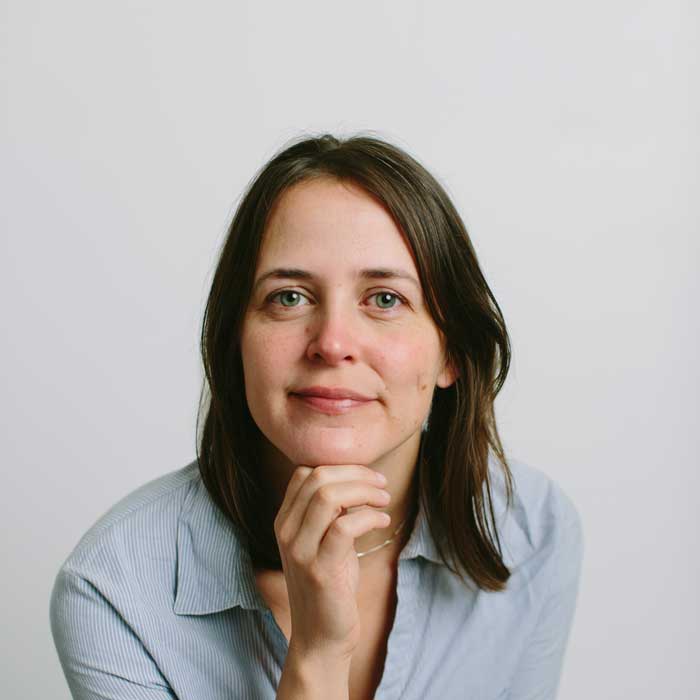




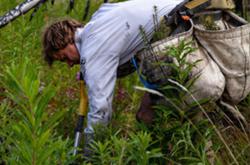




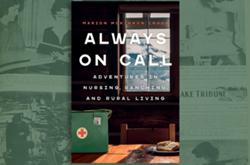

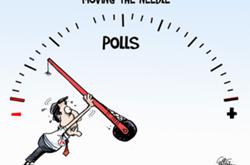
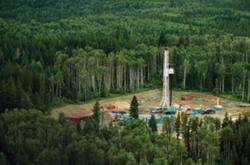
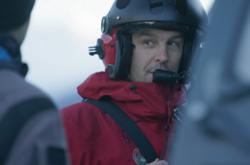
Tyee Commenting Guidelines
Comments that violate guidelines risk being deleted, and violations may result in a temporary or permanent user ban. Maintain the spirit of good conversation to stay in the discussion.
*Please note The Tyee is not a forum for spreading misinformation about COVID-19, denying its existence or minimizing its risk to public health.
Do:
Do not: